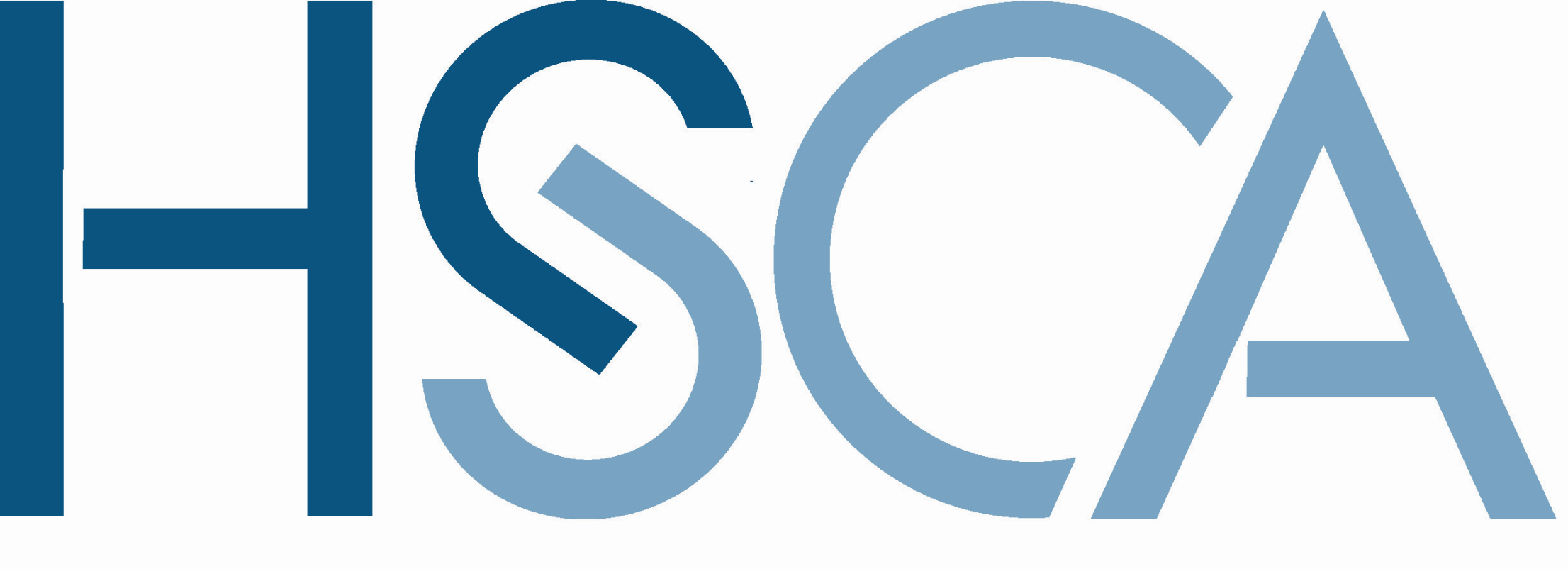Policy positions adopted by the Healthcare Supply Chain Association (HSCA) in 2018:
Medical Device and Service Cybersecurity
Advances in information technology and medical devices, and increasing interoperability of information systems, devices and services are improving patient care and creating efficiencies in the healthcare system. However, medical devices and services are vulnerable to cybersecurity threats that could jeopardize patient health, safety and privacy. The increased use of connected medical devices and software as a service (SaaS), adoption of wireless technology, and overall increased medical device and service connectivity to the internet, significantly increase the risks of cybersecurity threats. Click here to read HSCA’s Key Considerations for Manufacturers and Healthcare Providers. Click here to read HSCA’s Recommendations for Medical Device Cybersecurity Terms and Conditions.
Injectable Narcotic Shortages
Drug shortages are an ongoing public health threat. Healthcare group purchasing organizations (GPOs) work collaboratively with hospitals, manufacturers, distributors, and government agencies to ensure that hospitals and patients have access to the life-saving drugs they need. GPOs are industry leaders in addressing drug shortages and employ a variety of proactive steps to reduce their impact. Click here to read HSCA’s Policy Position on Injectable Narcotic Shortages.
Online/e-Commerce Marketplaces
GPOs leverage product sourcing and procurement to help hospitals and other healthcare providers reduce costs and improve patient outcomes. Recently, as market dynamics have evolved, online e-commerce marketplaces have gained some traction for simple commodity goods purchases. GPOs are innovative and self-disrupting organizations and most already offer sophisticated and accessible online marketplaces to their customers. Click here to read HSCA’s Policy Position on Online/e-Commerce Marketplaces.
Previous policy positions adopted by the Healthcare Supply Chain Association (HSCA) include:
Generic Drug Price Spikes
Patients have long relied on generic drugs to reduce costs and increase access to essential medications. However, significant price spikes for some generic drugs have begun to jeopardize patient access to affordable healthcare. Click here to read HSCA’s Policy Position on Generic Drug Price Spikes.
Hospitals and Stark Law
New alternative payment models (APMs) are reshaping the way healthcare is delivered and reimbursed. Policymakers and health system participants are hopeful that these initiatives lead to improved coordination of care, as well as more efficient and effective care delivery. Although hospitals are changing rapidly to meet new challenges, the current system to regulate fraud and abuse has not kept pace. Click here to read HSCA’s Policy Position on Hospitals and Stark Law.
Biosimilars
Biosimilars have the potential to increase patient access to life-saving medications and to reduce costs for the entire healthcare system. HSCA and its members are working with FDA to help ensure a pathway to market for biosimilars that prioritizes patient safety and encourages development and uptake of these therapies. Click here to read HSCA’s Policy Position on Biosimilars.
Drug Shortages
Drug shortages are an ongoing public health threat. Healthcare group purchasing organizations (GPOs) work collaboratively with hospitals, manufacturers, distributors, and government agencies to ensure that hospitals and patients have access to the life-saving drugs they need. GPOs are industry leaders in addressing drug shortages and employ a variety of proactive steps to reduce their impact. Click here to read HSCA’s Policy Position on Drug Shortages.
Modernizing the Supply Chain
Evolutionary technological changes in the supply chain will help provide meaningful data that can lead to more patient-centered care. HSCA is working to bring about a world in which electronic health records (EHR) connect the supply chain using unique device identifiers (UDI), Track & Trace serialization, and related standards and protocols. Click here to read HSCA’s Policy Position on Modernizing the Supply Chain.
Supplier Diversity
Healthcare group purchasing organizations (GPOs) are the sourcing and purchasing partners to virtually all of America’s 5,000+ hospitals. To reduce costs, increase competition in the marketplace, and help ensure that healthcare providers have access to the best products and services, GPOs focus on identifying diverse suppliers with innovative products and then help bring those products to market. Click here to learn more about how supplier diversity increases competition. Click here to read HSCA’s statement on supplier diversity.
